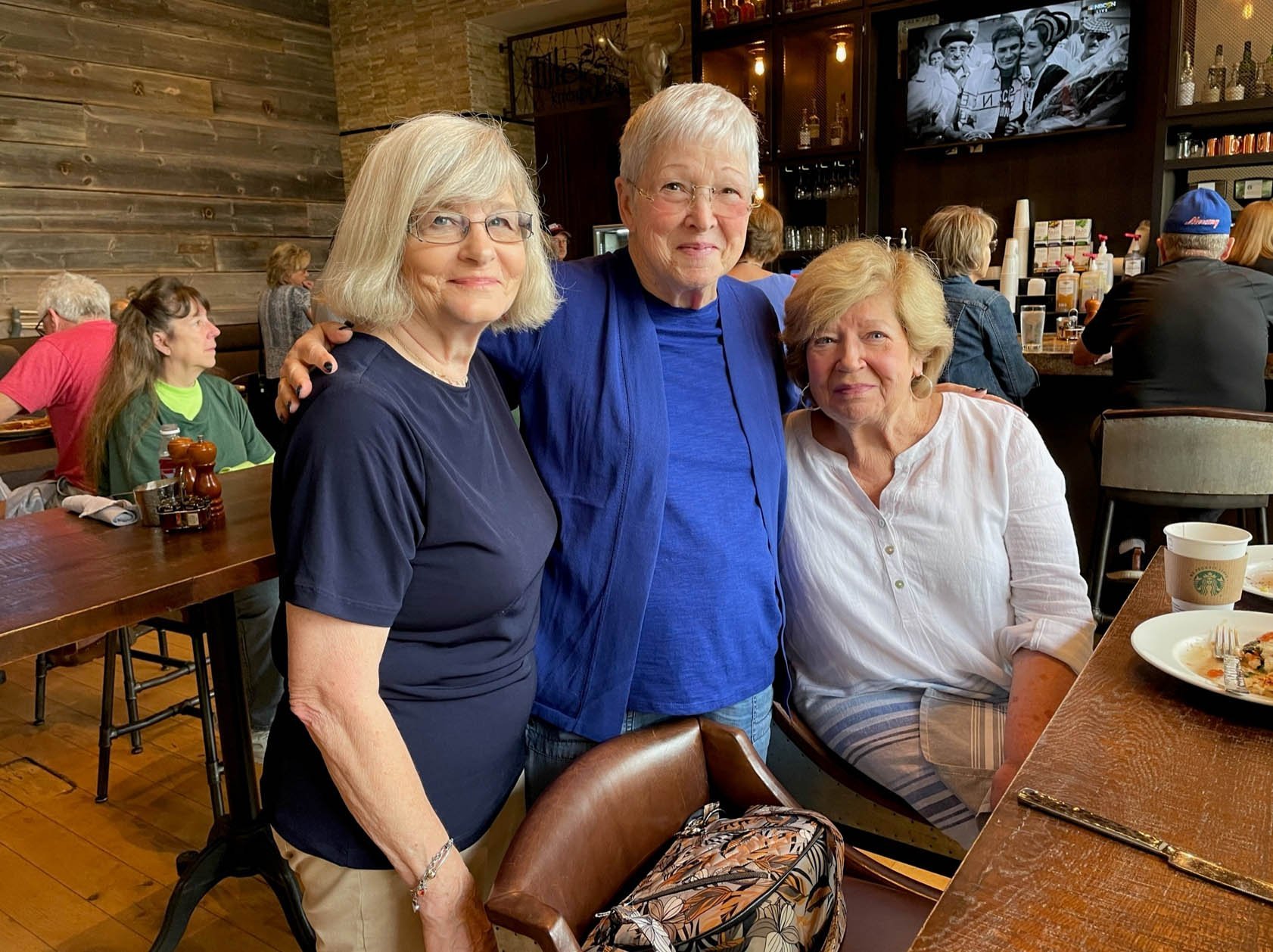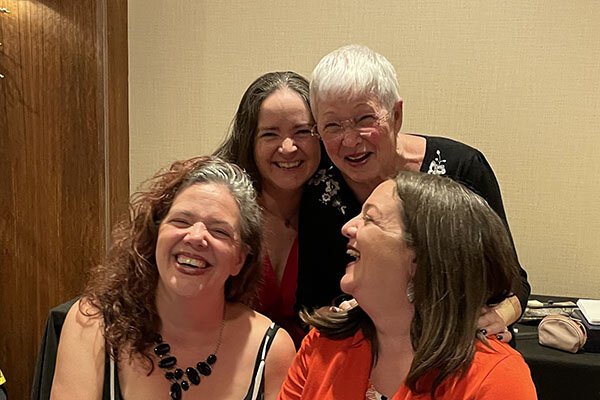Shelley Sutherland
Co-founder of the House Directors Conference
Shelley Sutherland began her career as a leadership consultant for Alpha Phi International Fraternity before earning a Master’s Degree in Higher Education from the University of Denver. In 1972, she became a Sorority Advisor at Indiana State University and made history a year later as the first woman to advise fraternities. Her groundbreaking leadership included attending and leading a fraternity men’s leadership conference as the only female participant, which inspired her to co-create a women’s version. By 1979, Shelley and her peers launched a women’s leadership conference that eventually merged with its male counterpart to become one of the nation’s foremost leadership events, now attended by over 4,000 people annually.
Throughout her career, Shelley championed professional development for Greek life. She played a key role in establishing the Association of Fraternity and Sorority Advisors (AFA) in 1976, serving as its first dues-paying member, officer, and president in 1983. At the University of Oregon, where she worked from 1988 until her retirement, Shelley continued to advance the fraternity and sorority movement. Her legacy includes the creation of the Shelley Sutherland Scholarship, which honors Greek leaders who exemplify scholarship, leadership, and service.
Shelley’s contributions extend beyond higher education. She co-founded the House Director Association, developing a conference that has become the premier professional development opportunity for house directors nationwide. Recognized with numerous awards, including the AFA’s highest honor, The Shaeffer Award, Shelley remains active in retirement in El Paso, Texas, where she serves in leadership roles for historical organizations, consults for Greek-related initiatives, and enjoys time with her family.

A Note from Shelley Sutherland
Shelley Sutherland
Co-founder of the House Directors Conference
Linda Orman and I recently reflected on the past 30 years and the evolving role of house directors, which brought back fond memories of my own journey. From an undergraduate member to a professional leader, the fraternity and sorority experience profoundly enriched my life. Early in our careers, Barb Robel and I admired the dedication of house moms, who worked tirelessly for little more than room and board, finding joy in serving others and being valued by students. At the time, their qualifications were minimal, often based on life experiences like raising children or managing a home.
Over the decades, societal changes, such as the women's movement, shifts in student culture, and technological advancements, significantly impacted the fraternity and sorority landscape. The 1950s saw these organizations thriving, but the 60s brought challenges as membership declined. The 70s and 80s introduced new complexities, such as underage drinking and deteriorating facilities, while the 90s required financial restructuring to sustain aging properties. By the 2000s, alumni engagement and professional management became pivotal, with national house corporations leading renovations and improvements.
In response to these challenges, Barb and I initiated the house director conference to provide resources, foster professional growth, and build a supportive community. Over the years, this initiative flourished, creating networks and offering development opportunities for house directors nationwide. Today, the conference continues to thrive under new management, delivering top-notch programming and ensuring the legacy of house directors remains strong. Looking back on 31 years of cherished memories, I feel immense gratitude and look forward to contributing to the next chapter in Indianapolis, Indiana.



